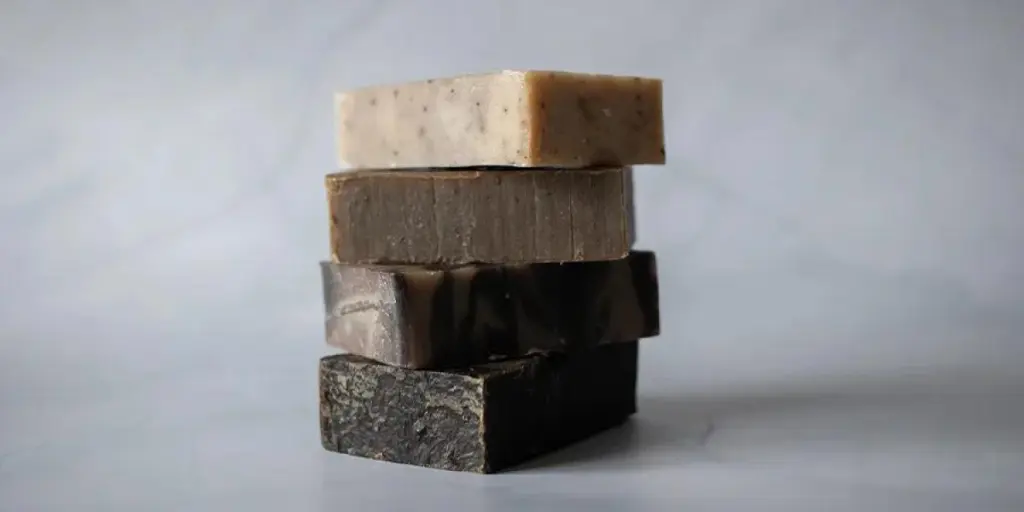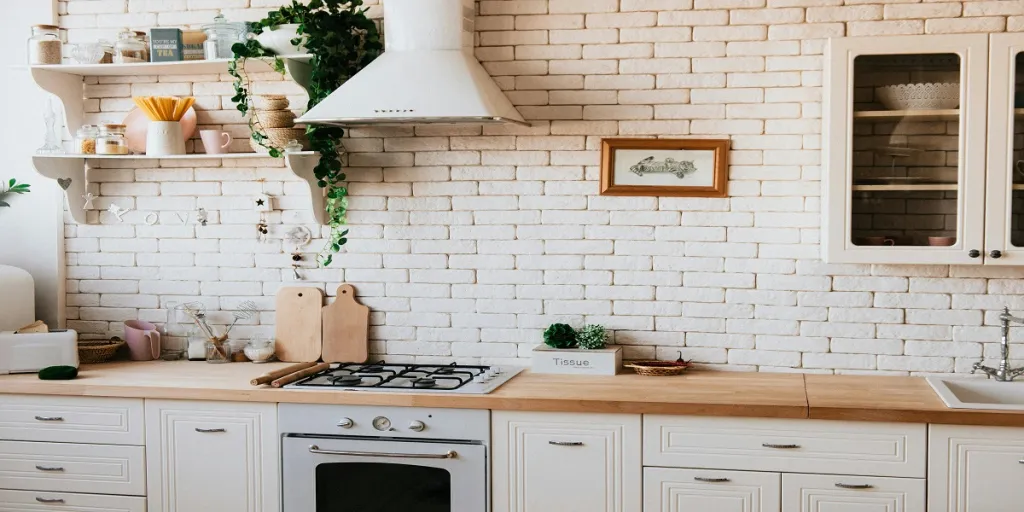Statues are made from various materials and reflect people, scenes, events, or animals. These artworks are also created in various conventional, contemporary, or abstract forms, making them perfect as indoor statues to enhance the beauty of the home. As such, these creative pieces are popular with art lovers for decor purposes.
Due to their popularity, the global sales of these items are high and growing. Here, we discuss their market value and the difference between sculptures and statues. We also discuss choosing pieces for your market. Join us on a brief but interesting journey into this creative world.
Table of Contents
Global market insights of statue sales
Distinguishing between sculptures and statues
Choosing your indoor statues
Placing orders for your statues
Global market insights of statue sales
The global value of art and sculpture sales depends on how researchers categorize art. As pure high-value investable art forms, one study placed the value of this sector at USD 42,998 million in 2023. The same study forecasts a compound annual growth rate (CAGR) of 9.75%, which will push the value of these sales to USD 115,638 million by 2032.
A different study places the value of this market at USD 43 billion in 2024 and projects a CAGR of 10.4% to reach USD 115,64 billion by 2034. This one included artwork from auction houses, art fairs, private and online sales, and several others. This estimate is probably closer to the value of the statues or sculptures discussed here.
Keyword data
Google Ads is another source that helps to indicate the interest levels in products. Regarding the keyword ‘statues,’ the average number of monthly searches from September 2023 to August 2024 was 1,000,000. This figure peaked at 1,500,000 in April and featured a low of 673,000 in August 2024.
Here, the data represents a 55.13% difference between the highest and lowest figures and a 33.33% difference between the average and highest search results. As sellers can see from this data, there is a lot of interest in statues, and the stats also show in which months there is a greater interest.
Sales drivers
Art inspires and consoles people, providing them with good reasons to invest in statues for personal or investment purposes. Auction houses, galleries, museums, art fairs, and real estate developers also encourage sculpture sales by safeguarding or showcasing pieces. When art appreciation grows because of these sectors, consumer demand also increases. The logical outcome is for sellers to participate in this market by making interesting pieces available online or offline.
Distinguishing between sculptures and statues
Because people use the terms “sculptures” and “statues” interchangeably, it is necessary to distinguish between them.
Sculptures
Materials: Stonework, marble, clay, wood, plaster, and cement.
Method: Artwork carved or molded from a solid material, with 11 different sculpting styles identified.
Size: More than one or two feet to extremely large when created in nature.
Statues
Materials: Metal, stone, plastic, resin, and other hard materials.
Method: A sculpture is usually the original or master artwork used to produce a mold to cast a statue, also known as a cast sculpture. This process is often used to make limited-edition statues.
Size: Between one and two feet tall or wide.
Choosing your indoor statues
We explore these products using materials to narrow the selection process and use sculptures and statues interchangeably because it is difficult to distinguish between them online.
Metal statues

Metal is one of artists’ favorite mediums for creating beautiful pieces. Sellers can source large statues made from stainless steel, bronze, aluminum, and other metals for customers who want impressive artwork for the reception room of their home or office.
Alternatively, small statues are ideal for placing on shelves or floors in living rooms. Look for real-life metal statues in the form of wild animals or quality abstract pieces like faces, cats, people, or scenes.
Cast stone statues

Cast stone is a high-quality casting material often used for statue casting. Familiar stone designs feature women, men, the Holy Family, and animals like bears. These artworks are replicas made in molds for small and large busts or full elegant figures, often in a white stone finish. Order as many of these cast stone statues as possible because they make a superb addition to any drawing room, which many customers want.
Plaster statues
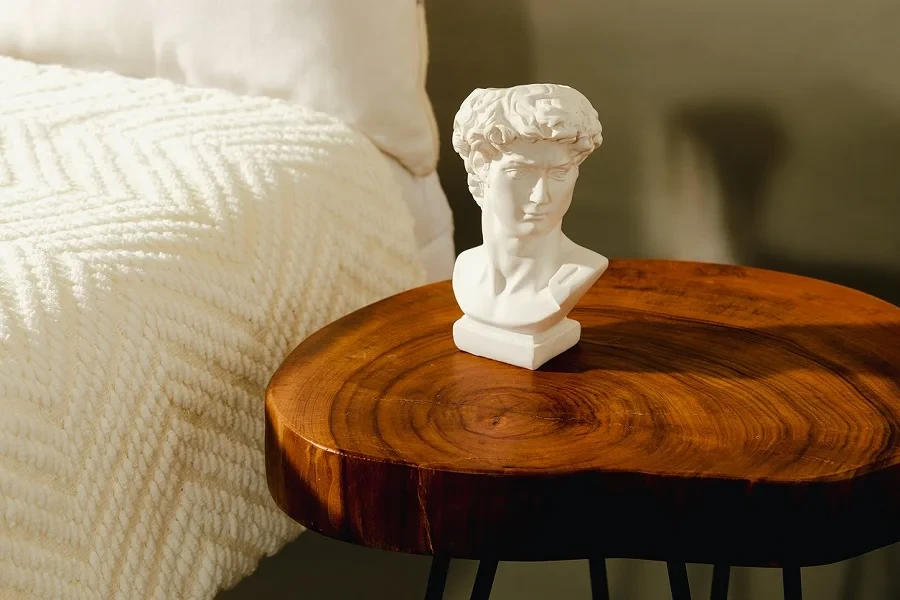
Plaster statues are molded from original sculptures to mass-produce certain artworks or limited editions. Military heroes, full figures, and the Buddha statue are typical examples. Depending on their size, these décor items work well in the living room or larger spaces.
Clay statues
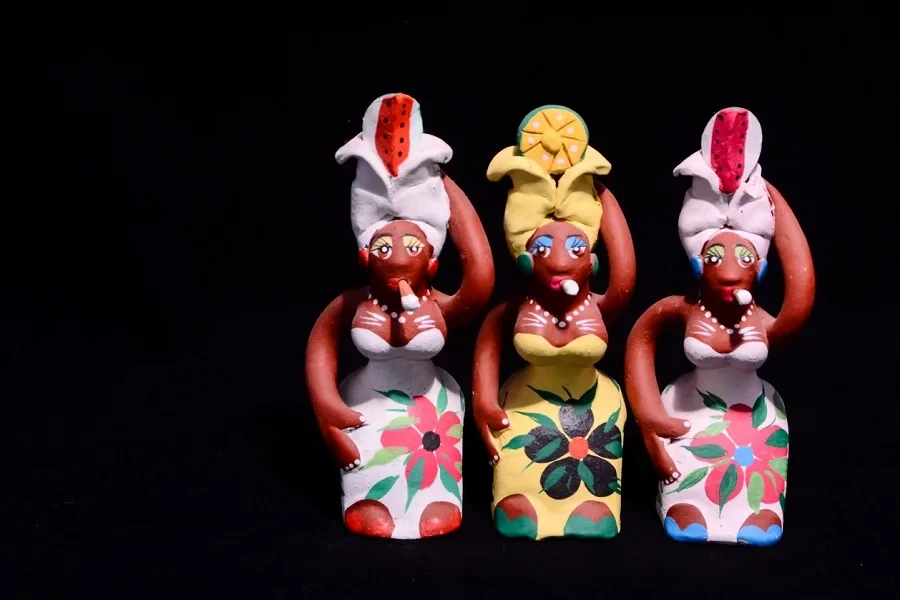
Ordering the exact replica of a statue might be costly to ship if made from heavy clay. But if you want specific clay statues, the solution is to order molds from manufacturers. Once you have these, you can create any life-size statues with a modern or antique look for customers. Or you can mass-produce popular religious angels and small bust statues. With the proper artisans, you can order statue molds to build your collections for home décor retailers or just order any beautiful or quirky ready-made clay statues online.
Resin statues
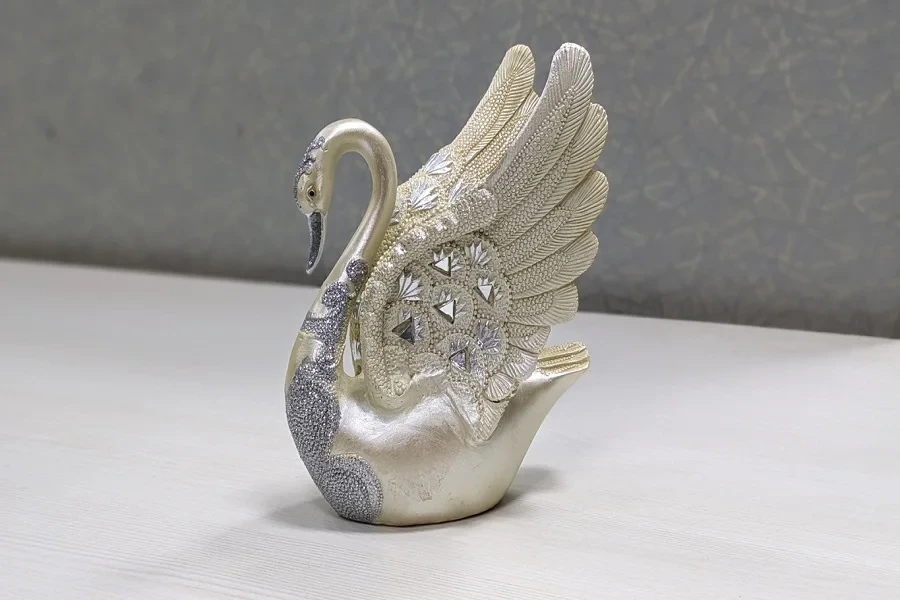
Resin statues are decorative objects that are a delightful complement to any interior space. Like other mediums, some resin statues are additive sculptures, meaning pieces of material are molded around the primary work.
Take inspiration from the showroom to select items that reflect the high-quality products that your customers want. You can market these items as suitable matches for the interior design of your customers’ dreams or unusual gifts. This approach will depend solely on the quality of the products you order.
Placing orders for your statues
Browse the Alibaba.com showroom to view a range of beautiful, unique, and fascinating statues for your shop. But if you prefer custom sculpting, source from merchants specializing in personal requests. After deciding on an original collection of stock, place orders to meet the discerning tastes of your audience.

